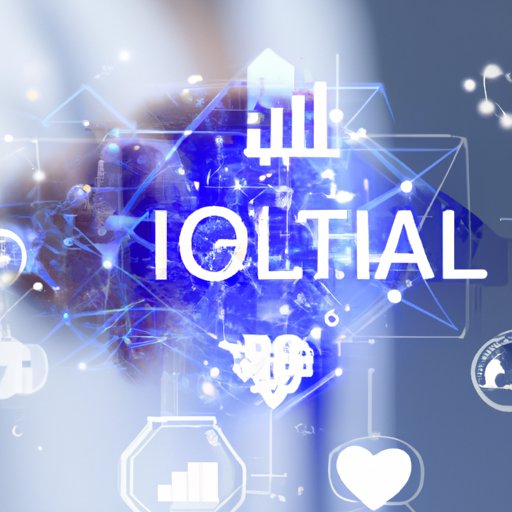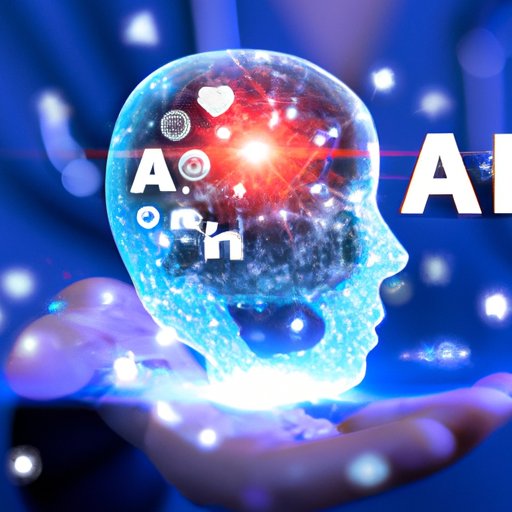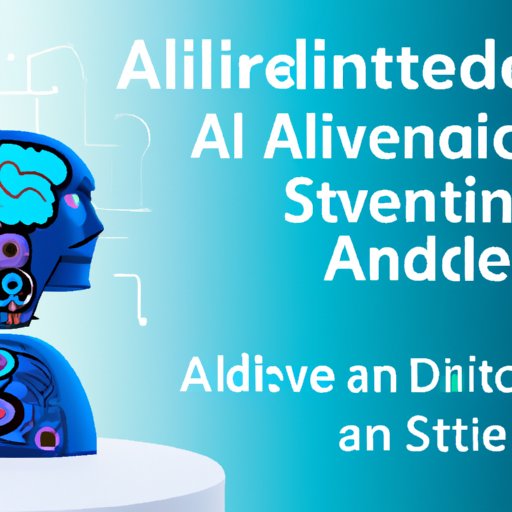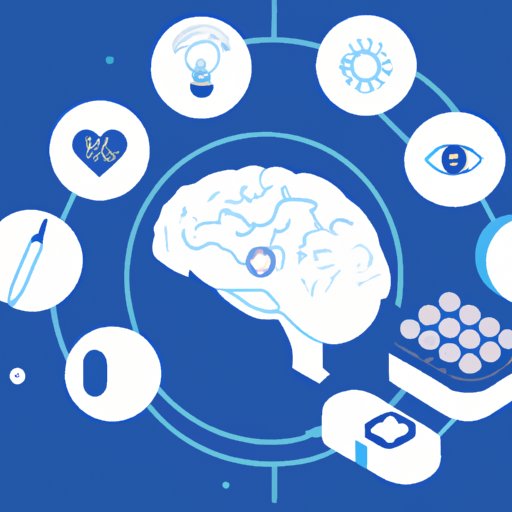Introduction
Artificial Intelligence (AI) has increasingly become a part of our day-to-day lives, from intelligent assistants like Siri to self-driving cars. In recent years, AI has also been making a significant impact in the medical field – from automating processes and improving accuracy and efficiency in diagnostics, to increasing access to health services and improving patient care and outcomes. AI medical, or AI in healthcare, is the use of AI technology to improve the delivery of healthcare and medical services.

How AI is Revolutionizing the Medical Industry
AI is revolutionizing the medical industry by providing intelligent solutions that can automate tedious and time-consuming tasks, as well as improve accuracy and efficiency in diagnostics. Automation of medical processes such as scheduling appointments, processing insurance claims, and managing medical records can reduce errors and save time. AI can also be used to identify patterns in data and make more accurate diagnoses, allowing doctors to make better decisions faster. Additionally, AI can help increase access to health services in underserved areas where resources are limited.

The Impact of AI on Healthcare Delivery
The impact of AI on healthcare delivery is far-reaching. AI can help reduce costs, speed up workflows, and improve patient care and outcomes. AI-powered chatbots can provide 24/7 customer service and medical advice, while virtual nurses can help monitor patients remotely and provide personalized care. AI can also be used to analyze large amounts of data quickly and accurately, which can lead to improved diagnostic accuracy and earlier detection of diseases.

Understanding AI in Medicine: A Comprehensive Guide
In order to understand the potential of AI in medicine, it is important to have a comprehensive understanding of the different types of AI applications in medicine. There are several types of AI applications in medicine, including machine learning algorithms, natural language processing, computer vision, and robotic process automation. Each type of AI application has its own unique advantages and disadvantages, and it is important to consider these when selecting an AI solution for your medical practice.
Exploring the Potential of AI in Medical Diagnosis and Treatment
AI has great potential to revolutionize medical diagnosis and treatment. AI-assisted diagnostic imaging can help detect diseases earlier and more accurately. AI-generated clinical decision support systems can help physicians make better decisions faster. And AI-powered drug discovery and development can lead to faster and more cost-effective drug development.
Conclusion
AI medical offers a wide range of benefits, from automation of medical processes and improved accuracy and efficiency in diagnostics to increased access to health services and improved patient care and outcomes. The potential of AI in medical diagnosis and treatment is immense, with AI-assisted diagnostic imaging, AI-generated clinical decision support systems, and AI-powered drug discovery and development all having the potential to revolutionize healthcare. As AI technology continues to evolve, its potential applications in the medical field will only continue to grow.
(Note: Is this article not meeting your expectations? Do you have knowledge or insights to share? Unlock new opportunities and expand your reach by joining our authors team. Click Registration to join us and share your expertise with our readers.)
